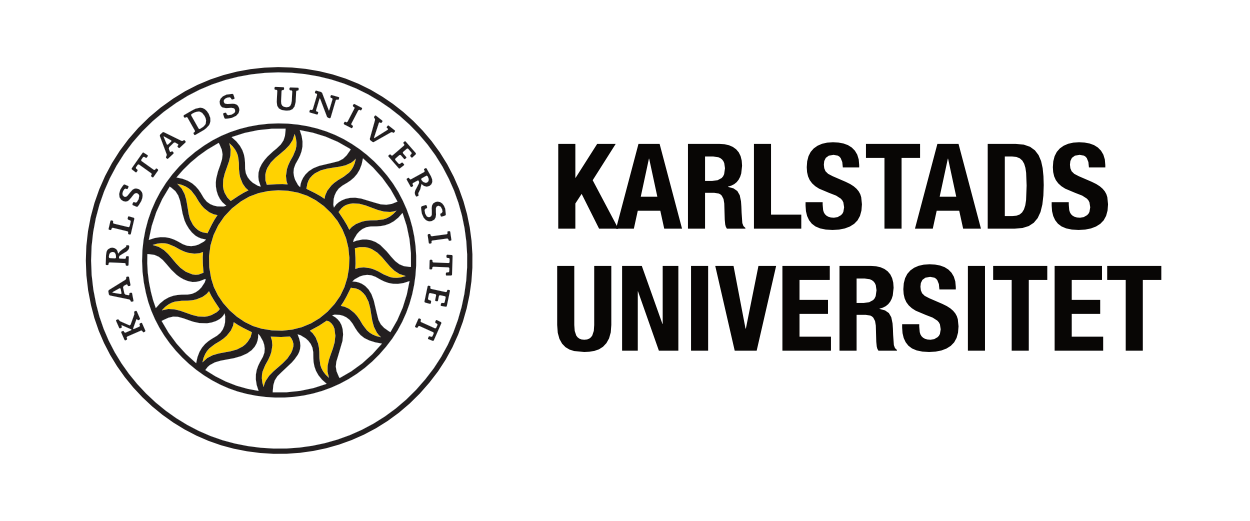This presentation examines the developing relationship between mathematics education and generative artificial intelligence (Gen AI) through a sustainability lens, focusing on how mathematics educators at different career stages engage with this transformative technology. Our cross-sectional case study investigates Gen AI readiness, usage patterns, and pedagogical conceptions among pre-service and in-service mathematics teachers, employing a mixed-methods approach to capture the multidimensional nature of this educational transition. While our research primarily focused on current adoption patterns and attitudes, we interpret our findings through a sustainability framework to explore potential long-term implications across three dimensions: pedagogical practices, intellectual development, and professional identity. Through this lens, we consider the question: How might current adoption attitudes shape mathematics teaching practices going forward? Our presentation does not claim to provide definitive answers to this complex question, but rather offers initial observations that inform our ongoing research into this critical area of educational transformation.

